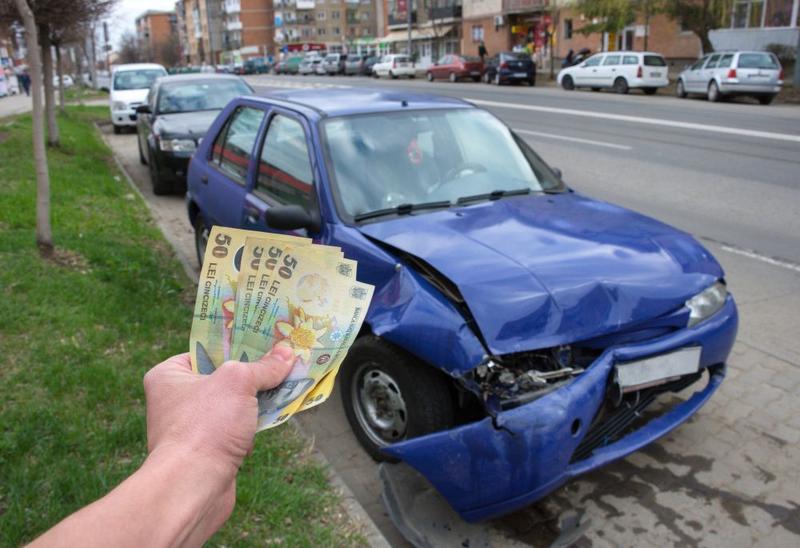All newly constructed buildings might be required to produce as much energy as they need to function starting with 2019, if the EU Council will adopt the report the European Parliament voted in April. Measures proposed include installing solar panels and thermal isolation of the exterior walls. The ruling will apply to both public and private buildings.
European Parliament’s report person Silvia-Adriana Ticau (Social Democratic Party) addressed a series of arguments supporting the enforcement of the directive.
- Buildings require 40% of the total energy consumption in the EU. Therefore, it is obvious that renewable energy sources must be used, as an important measure for EU to become less dependent on energy.
- It is a long way from constructing buildings that produce energy to residing in them. The ingredient that will make things speed up after the legal background is prepared is finance. The report indicates several finance sources, including setting up a European Fund for Energy Efficiency and Renewable Energies. It will insure both public and private capital inflows for projects during 2010 – 2020.
Each country will have to design a national plan to determine financial means for improving the buildings’ energy efficiency until June 30, 2011. Possible solutions may include low-interest credits or fiscal stimuli. The European Commission will also support the initiative. Brussels will address additional finance tools until June 30, 2010, among which:
- Setting up a Fund for Energetic Efficiency by 2014, financed by the European Bank for Investments (BEI) and the state members that will promote public and private spending to increase the energetic efficiency of the buildings.
- Increasing the maximum amount that can be allocated by the European Fund for Regional Development (FEDER) for supporting energetic efficiency.
- Reducing the VAT for goods and services related to renewable energy and energetic efficiency.
All buildings will be issued with energetic performance certificate that should provide information on the building’s energetic needs, performances, consumption and CO2 emissions. Owners of old buildings will have to consider the energetic performance as well when engaging in major repairing.
The European Parliament proposes that the air conditioning be replaced with techniques of passive cooling that improve the interior climate conditions and the microclimate around the buildings. This is because the number of air conditioning systems is continually growing, increasing the cost for electricity and creating energetic unbalances in al EU member states.
A World Business Council for Sustainable Development (WBCSD) report released in April, when the most important 200 construction companies met, notes the cost a family will have to face in the prospect of engaging in a major house repairing. In France, for example, a family might have to invest between 30.000 and 50.000 euros for their home to be able to produce as much energy as it the family consumes.



















